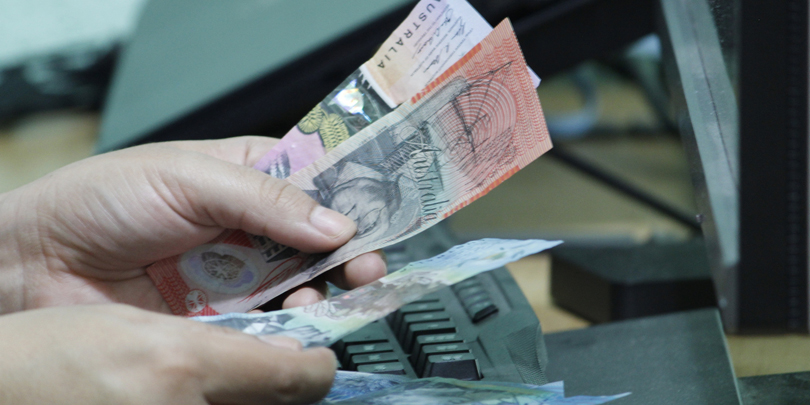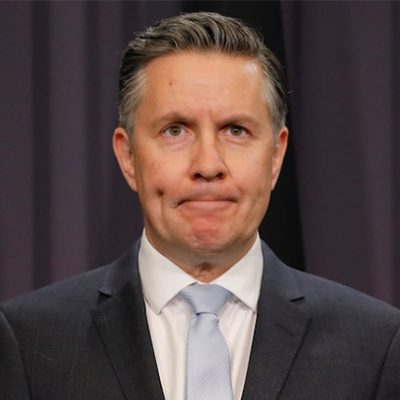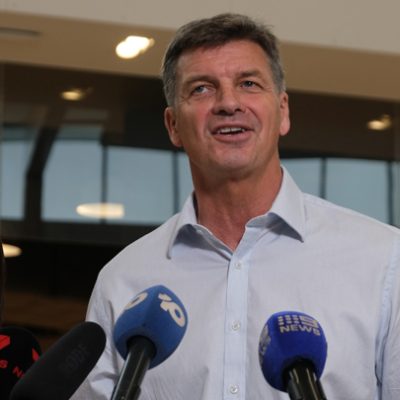
The Albanese Government will push for minimum and award wage increases that keep pace with inflation, which has been sitting at 4.1 per cent over the year to December 2023. Source: ABC News.
The Fair Work Commission assesses each year whether to increase the base earnings rate for workers, and has determined substantial increases in the past two years due to ongoing high inflation.
The minimum wage is $23.23 per hour, an increase of almost $3 since the beginning of 2022.
The Government will argue for that to continue, saying while inflation has moderated since its peak in December 2022, it is still above the target rate of 2 to 3 per cent, and households are still struggling with cost-of-living pressures.
“While we’ve made welcome progress on inflation and seen a return to real wages growth earlier than forecast, many Australians are still under pressure – particularly low-paid workers,” Treasurer Jim Chalmers said.
The submission, to be made on Thursday, will claim low-paid workers are disproportionately affected by inflation and the minimum wage was an important tool to counter this.
It will also argue benefits due to flow from tax cuts in July should be in addition to wage increases, not a substitute.
“Despite increases in nominal wages, and the return of annual real wages growth, the real value of award wages has been eroded in recent years given the global inflationary environment,” the submission reads.
“This submission does not suggest that across-the-board, wages should automatically increase with inflation, nor that inflation should be the only consideration in determining wages.”
The Government denies there has been any sign of a “wage-price spiral”, where pay increases further fuel inflation.
Any increase to the national minimum wage will begin in the first full pay period on or after July 1.
FULL STORY
Government pushes for minimum wage increase to keep pace with inflation (By Jake Evans, ABC News)






